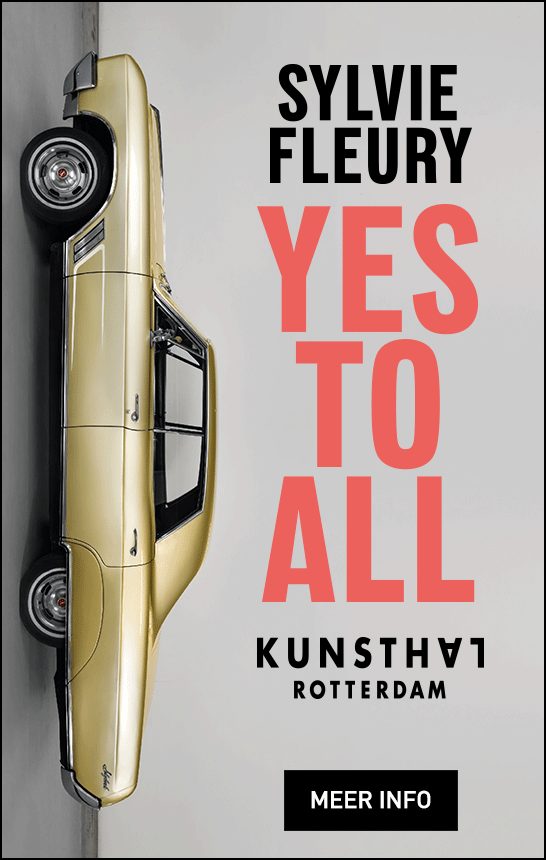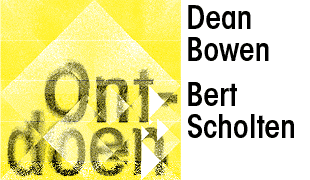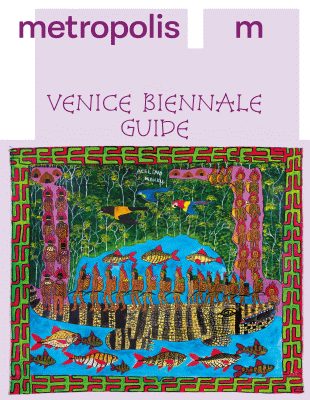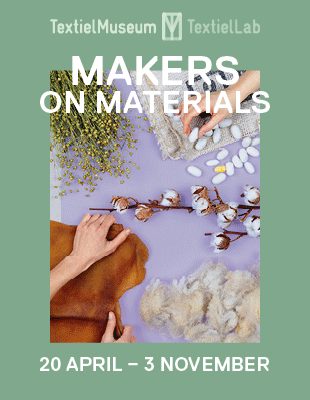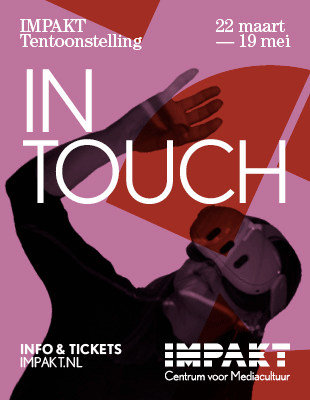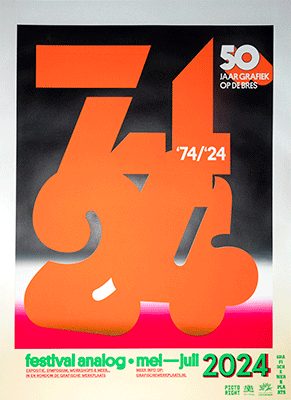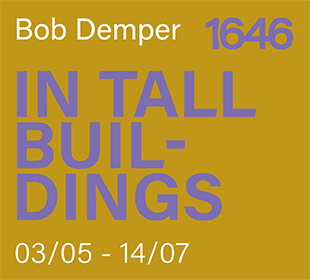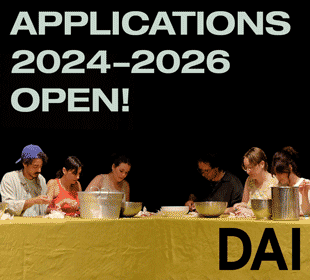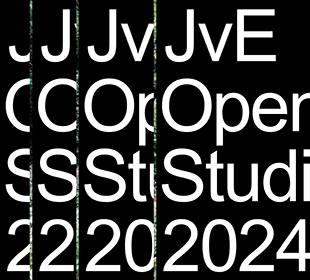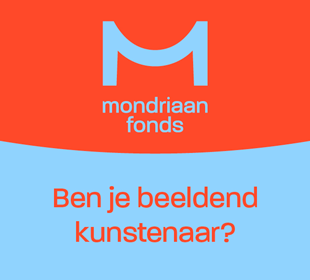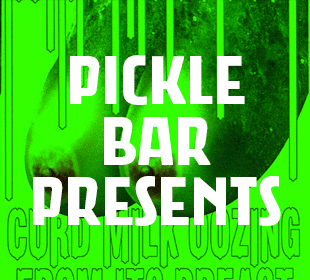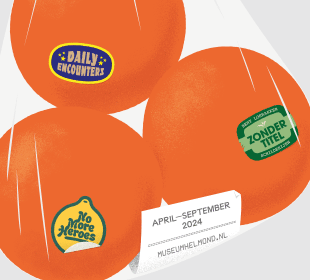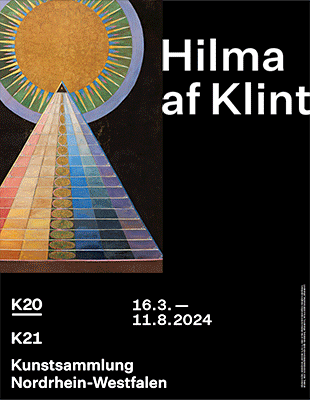Sanne Rous
Sanne Rous
Frank Mohr Institute, Groningen
Sanne Rous (1984) is a painter who makes sensitive figurative and abstract work, close to reality. She attended the Rietveld Academy, several schools in the United States, the Frank Mohr Institute (2006-2008) and the Rijksakademie (2011-2012).
‘I went to the Rietveld Academy when I was fairly young, at 17. After four years, I certainly did not have the feeling that I had finished studying. In the first place, I wanted to work out for myself what I was doing. Then a teacher from the Rietveld asked me if the Frank Mohr Institute (FMI) in Groningen might not be something for me.
‘I went to their final exam exhibition and checked out the atmosphere of the city. The building was fantastic. It was an old school property alongside a park, where every artist had a classroom at their disposal. It seemed an ideal place to develop myself in peace. There were few distractions, a space of your own and a limited number of people around you (seven graduate students in my year). The fact that the MA programme was specifically for painting appealed to me, although that was not decisive. It did seem a good thing to be working in an environment where other people were painting. When I was at the Rietveld, there was almost no painting going on, as if it simply was not done. I worked in a lot of other media, but I always came back to painting. After four years, it was clear: there would be no more detours. I wanted to paint. The painting master at the FMI, by the way, did not have a narrow definition of the art of painting. You could produce work that has no paint in it at all. I did consider other master’s programmes. I would like to have stayed in Amsterdam, but the Sandberg Instituut building put me off. I really wanted to find concentration and serenity, so I decided on Groningen.
‘Attending classes was compulsory. I liked that, but it was not so self-evident for everyone. In a certain sense, the MA was more academic than the BA. That was not a problem for me. In Amsterdam, I had already attended philosophy classes at the university because I found the theoretical background at the Rietveld too limited. In Groningen, there were weekly seminars where we discussed work together as a group, and I enjoy recalling that: really looking, trying to express things as clearly as possible in words. Many of the students in my class were actually still searching, but they were very motivated. Most of them did not come from Groningen, so we quickly developed into a close group, because one feels a little isolated up there in the north. It sometimes felt like a commune. Almost every evening, we cooked and ate together at a big table. That way, you build a good atmosphere and get to know each other’s work well. That has a stimulating effect.
‘After the FMI, I worked independently in Antwerp for two years. That was good, as there was no one looking over your shoulder. After those two years, I felt I had established a firm foundation. I then had a need for critique and discussion again, and the Rijksakademie seemed the right place for that. You are surrounded by people who have often been working independently on their own. That helps you to position yourself more sharply. The Rijksakademie is completely different than the FMI, and for that reason, it was a good next step. You never, ever finish studying. You must always be looking for new input, whether it comes from yourself, from changing your environment or by way of an institute. After I finished my master’ at the Frank Mohr Institute, a lot of changes took place. It moved out of the school building I had loved so much in order to be in a large building near the Minerva Academy, which I think is a pity. But I am convinced that the FMI was a good choice for me at the time, one that I have not regretted for a moment.’

